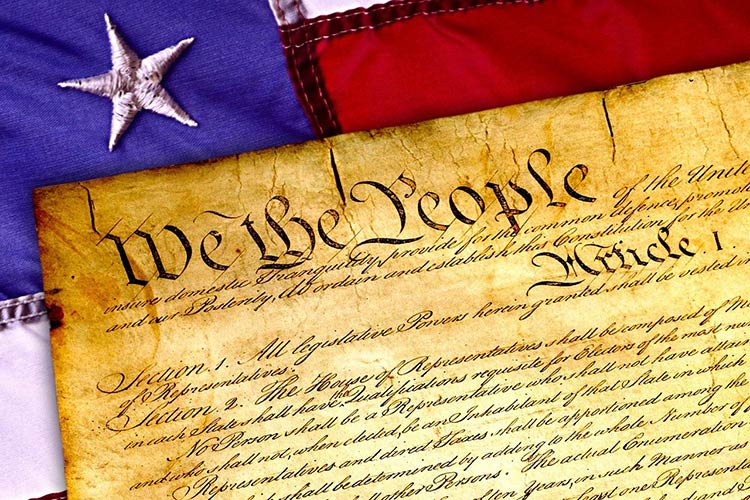This country, the greatest on earth, enables its citizens to live freely under certain guidelines of law. However, those of us who live in the twenty-first century often forget the lives that those American soldiers gave up in order to pass on that freedom to our generation. As we approach the anniversary of our nation’s independence, we ought to remember those who put their lives into the hands of their enemies in order to save this country. Since they sacrificed so much for us, it is only reasonable that we take time to teach ourselves and others about the history of our nation’s independence and the utter importance of keeping this country free.

After the new world was colonized, the pilgrims had little governmental regulations. When the French and Indian War ended in 1763, however, unpopular British policies began to plague this new country. Here is a list of things that spurred on the War for Independence and eventually brought about freedom in our nation:
- In February of 1763, after the signing of the Treaty of Paris, the British still continued to fight Indian rebellions. As a result of the costliness of these wars, Britain imposed taxes and produced other regulations that began to anger the colonists.
- The following year, the British passed the Grenville Acts and the Currency Act. These aimed to raise revenue owed from the French and Indian War and prohibited the colonies from issuing paper currency respectively.
- In 1765, Parliament passed the Stamp Act, which greatly angered colonists. This new act was the first direct tax placed on the colonies. By the end of the year, the citizens of the states utterly refused to use and purchase stamps, which stopped business almost entirely.
- Next year, the Stamp Act was repealed, and the colonists continued to fight against other unpopular acts.
- 1767 was the year in which the Townshend Acts were passed. These produced many more regulations which further angered the colonists.
- In 1768, Samuel Adams and the Massachusetts Assembly sent a letter to the British Parliament protesting the Townshend Acts, and many other legislative assemblies promoted it also. However, Parliament continued to enforce their acts of taxation.
- In March of 1770, the infamous Boston Massacre occurred. This action was later held as propaganda against the British government with the death of five colonists and the injury of six.
- Later, in 1773, the angered colonists reacted by dumping a shipment of tea into the harbor, also known as the Boston Tea Party.
- In 1774 and 1775, more and more actions of Britain angered the colonists. These events were at a climax when Patrick Henry said in his famous speech, “give me liberty or give me death!”
As you can see, these events would anger anyone under the authority of a government. The colonists of the New World knew what was going on would eventually lead to more aggravation and injury. In order to protect the rights of their children, grandchildren, and great-grandchildren, those who lived in the new-found land of America followed the path they believed to be right, even when those who had power over them were not. As we celebrate Independence Day, never forget from what you have been made free, and always remember to fight for those freedoms which cost the lives of so many Americans in years past.
Happy Independence Day! We at EverBright Learning wish you and your family a happy and blessed Independence Day! We’ll return to you next week with more educational and inspirational content to assist you through your homeschooling journey.

